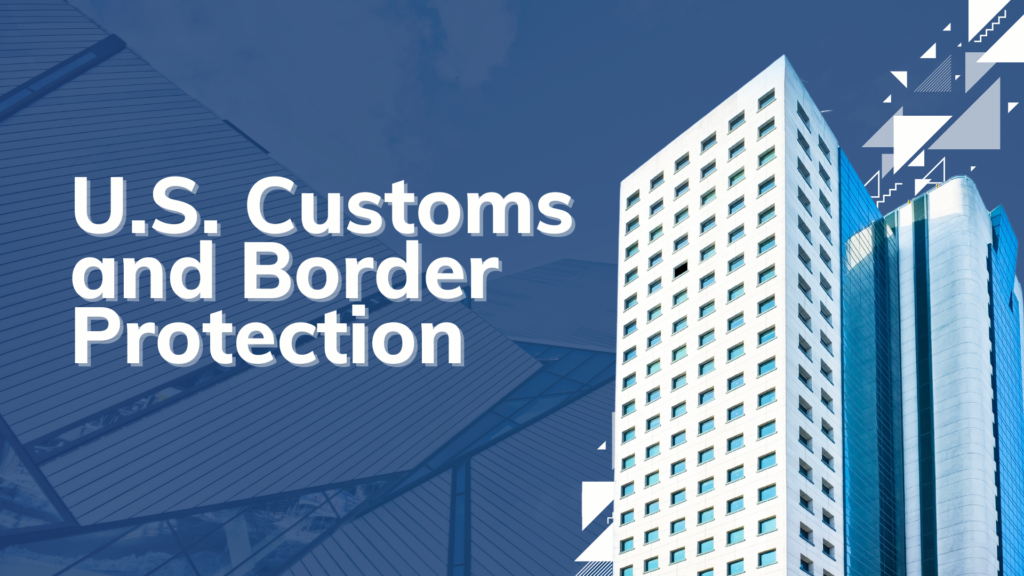What Is US Customs Bond
A particular kind of security bond known as a Customs Bond is required to be purchased by individuals who bring goods into the United States from other countries. It is the responsibility of the supplier to ensure that all applicable taxes, fees, and tariffs are paid in a prompt fashion by posting the surety. In the event that this does not occur, a claim can be made against that collateral in order to recover any one of those costs or even all of them.
Because it is essentially a surety bond, it follows the standard format that is used for all sureties, which is that it is structured as a contract between three parties – the bond purchaser or the proprietor, the obligee, which is the party that is being safeguarded (US Customs), and the surety company, which is the firm that is providing the bond. The person who buys the bond and brings products into the country functions as the model’s principal investor. The entity that is responsible for collecting the various taxes, tariffs, and fees that are affiliated with imported goods is known as the obligee.
The guarantee company is a company that provides insurance and bonds to individuals and businesses, and this company is the one that would be responsible for paying the amount of any claim made against the proprietor for defaulting on necessary payments. Since the principal would have been accountable for the actions that led to the initiation of the claim that was made, the insurance company would then seek reimbursement from the principal for the total amount of those payments that were missed as a result of the principal’s actions.
How It Works
For industrial shipments into the United States with a worth of $2,500 or more, the United States Customs and Border Protection (CBP) mandates a Customs Bond, which is a legally enforceable contract. It serves as a financial assurance between the supplier of record (you), the U.S. Customs and Border Protection (CBP), and the insurance or security business that is providing the bond. Obtaining a Customs Bond guarantees that all applicable taxes and fees, as well as import charges, will be made to CBP.
- The application for a bond can be submitted by the importer through either a broker or a surety business.
- The completed bond must be registered with CBP by the broker or surety.
- CBP gives the merchant permission to receive shipments that are protected by the importer.
- In the event that the supplier does not pay the necessary customs and fees, the broker or surety guarantees payment to the CBP.
- In the event that customs and fees are not paid, the importer is responsible for making up the difference to the broker or surety.
The CBP
U.S. Customs and Border Protection is abbreviated as CBP. To avoid any confusion, this is not the same organization as the United States Border Patrol. Although the Border Patrol is essentially a component of the Customs and Border Protection agency, the Border Patrol section is responsible for patrolling the borderlands, whereas the CBP as a whole works to review and monitor shipments as well as to safeguard the border against unlawful entry of narcotics and other items.
Bond Amount
The total amount of taxes and fees that are associated with your imported products are factored into the calculation of the cost of the import bond. Not only is it essential to acquire the suitable connection, but it is also essential for there to be an adequate quantity of it.
In most cases, the amount of the security must be at least ten percent of the overall amount of customs and fees given to the CBP. This sum is typically at least fifty thousand dollars, which serves as a guideline for the amount.
When is a US Customs Bond Necessary?
To comply with the legislation, anyone who imports goods into the United States for the purpose of conducting business and those goods have a worth of at least $2,500 are required to purchase a surety. If the item in question fits into the category of either weaponry or food, then the acquisition of a bond is going to be an additional requirement in addition to the commercial use of the product.
The one and only exception to this rule is when a customs broker acts on your behalf. In this scenario, the broker’s US Customs Bond can be used in place of your own, which is the only circumstance in which this rule can be broken.
